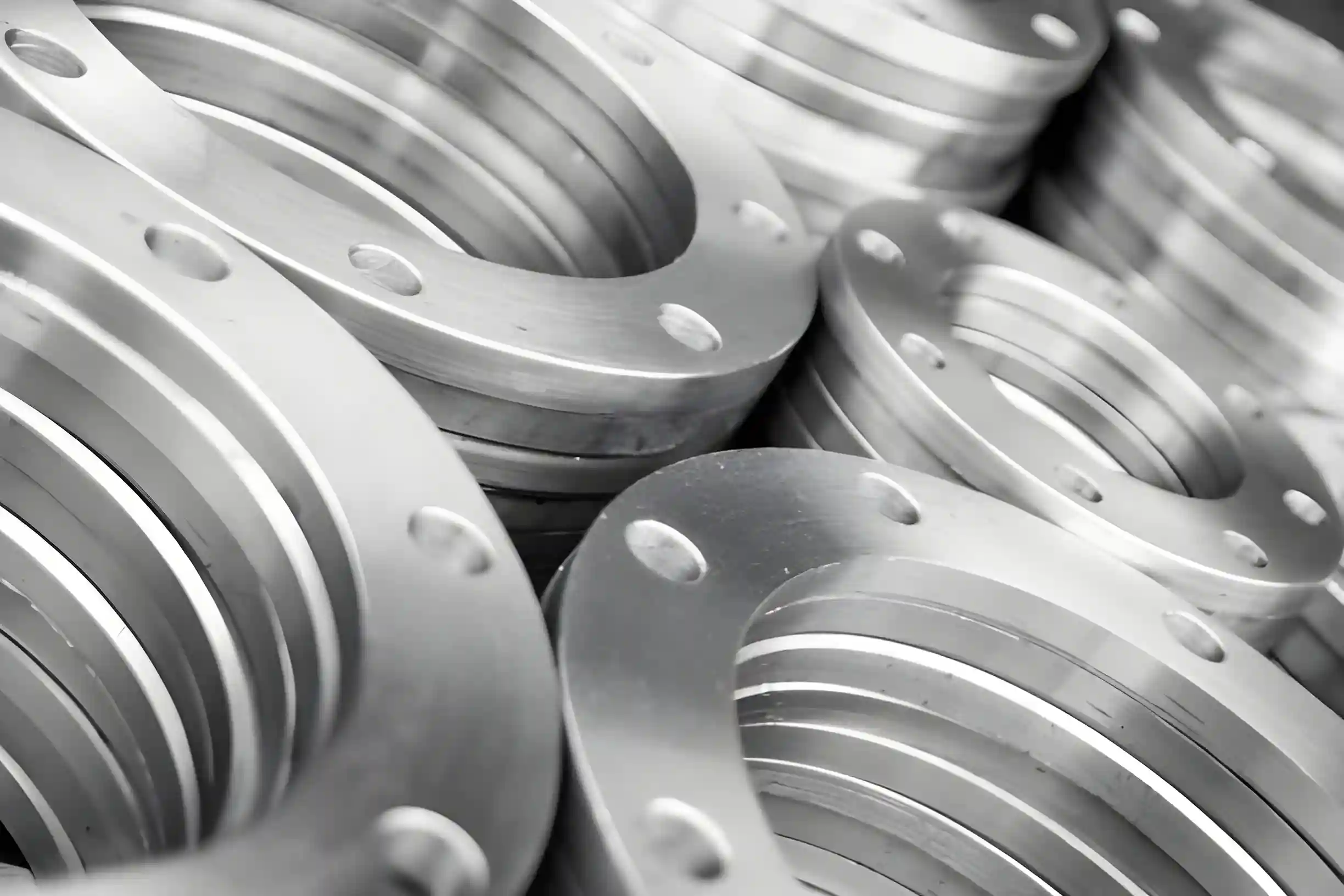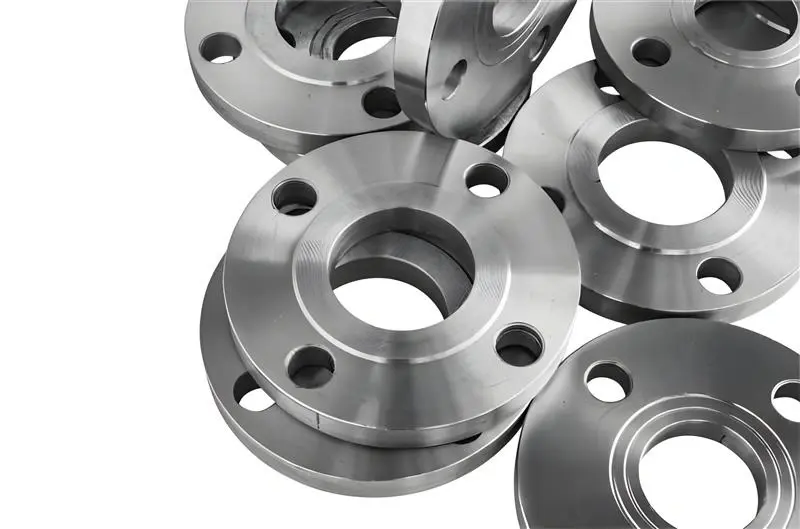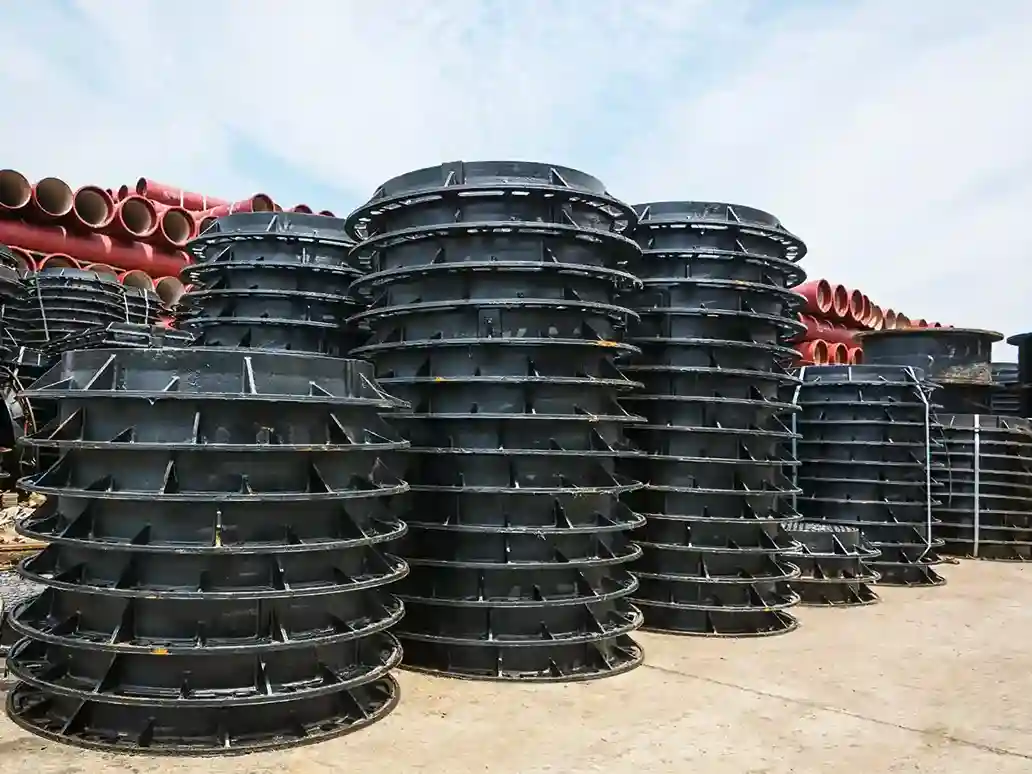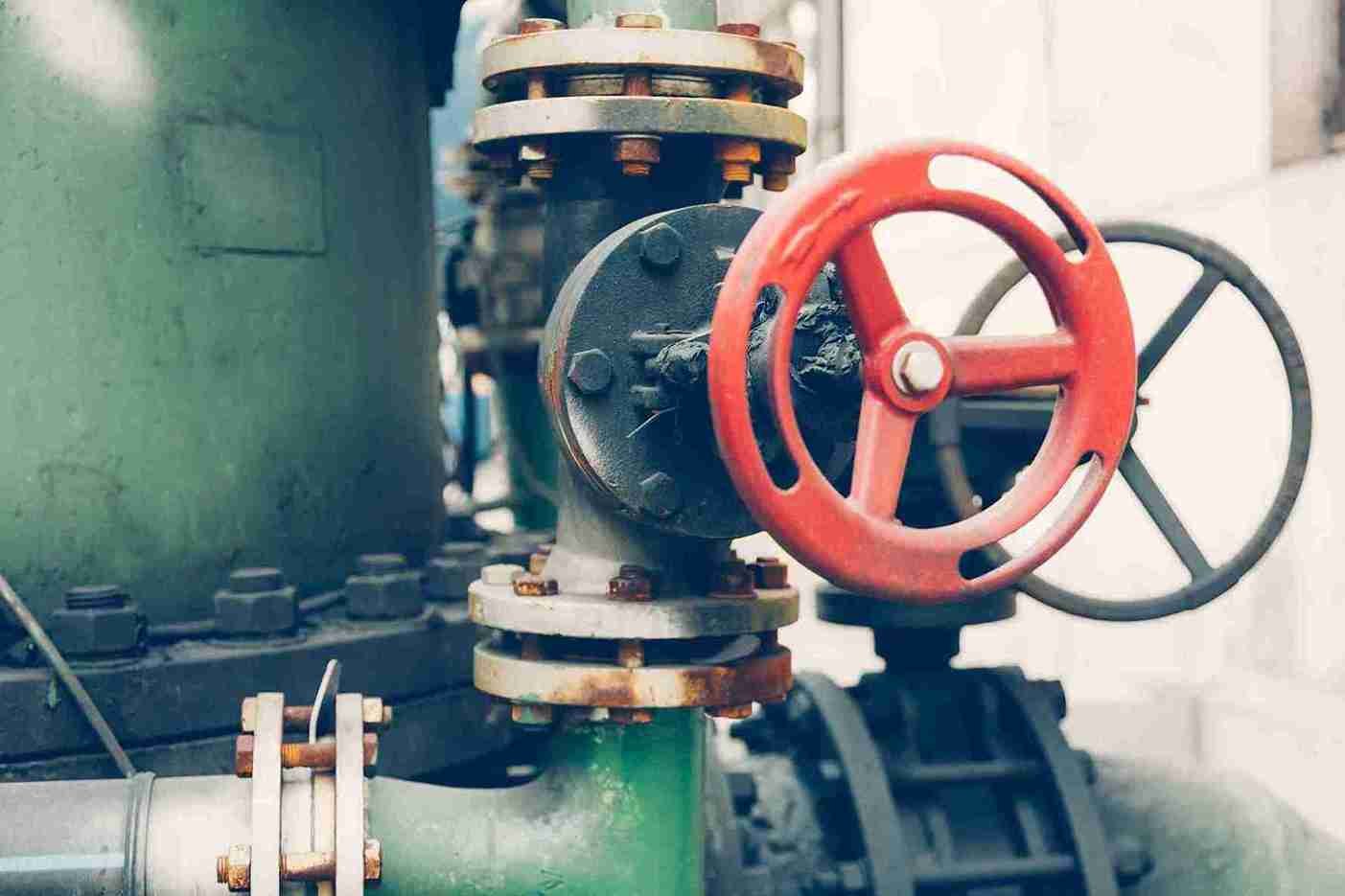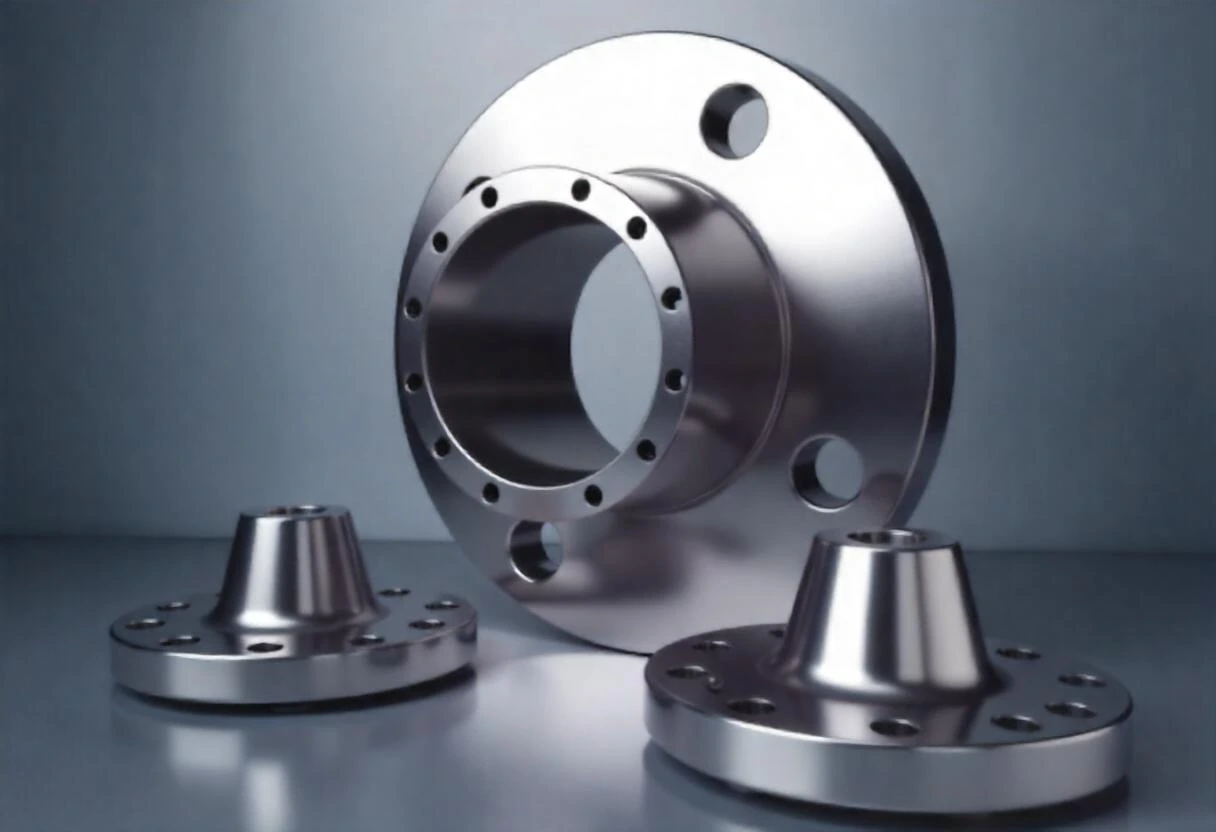Custom vs. Standard Flanges: Which Option Works Best for Dubai-Based Projects?
Flanges play a critical role in connecting pipes, valves, pumps, and other equipment in any piping system. In a booming construction and industrial market like Dubai, choosing the right type of flange can directly impact operational efficiency, safety, and project timelines. When sourcing flanges, businesses often face a key question: Should you choose custom flanges or standard ones?
This article will walk you through the pros and cons of both options and help you understand which is the better fit for your project in the UAE.
Understanding Standard Flanges
Standard flanges are manufactured according to predefined industry norms and specifications like ANSI, ASME, DIN, and ISO. These flanges are typically available in multiple pressure classes and material grades such as stainless steel, carbon steel, and alloy steel.
Pros of Standard Flanges
- Immediate Availability – One of the biggest advantages of standard flanges is their availability. A flanges stockist in the UAE will often carry a wide variety of these components, allowing you to reduce lead times and avoid delays.
- Cost-Effective – Since these flanges are produced in large volumes, they are generally more affordable than custom options. This is ideal for projects with tight budgets.
- Interchangeability – Standard flanges are designed to work seamlessly with other standard components, making installation and future maintenance straightforward.
- Certified and Tested – These flanges often come with compliance certificates, pressure testing records, and traceability documentation that make them easy to verify for quality assurance.
When to Use Standard Flanges
- When your project specifications align with international standards.
- When you need immediate supply from a local flanges supplier in UAE.
- For small-to-medium-scale projects where customization isn’t required.
The Case for Custom Flanges
Custom flanges are tailored to specific dimensions, materials, and pressure ratings based on the unique requirements of your project. These are often necessary for specialized industries such as petrochemicals, desalination plants, or high-pressure steam systems.
Pros of Custom Flanges
- Project-Specific Fit – Custom flanges are designed to match exact configurations, which eliminates the need for additional adaptors or redesigns.
- Material Flexibility – You can request specialized materials that better resist corrosion, high pressure, or extreme temperatures—ideal for unique environmental conditions like those found in the UAE.
- Increased Reliability – Tailor-made solutions generally result in fewer failures, reduced leakage, and longer system life.
- Engineering Support – Suppliers who offer custom flanges often provide engineering consultation, which helps in optimizing system design and performance.
Downsides of Custom Flanges
- Longer Lead Times – Manufacturing and delivery take longer, especially if materials need to be sourced internationally.
- Higher Costs – Customization adds to both material and manufacturing costs, making these flanges less budget-friendly.
When to Use Custom Flanges
- When working on high-spec industrial projects or custom-designed systems.
- When standard flanges cannot meet your performance requirements.
- When you need flanges that are resistant to harsh conditions (e.g., saltwater exposure, high acidity, or elevated temperatures).
Choosing the Right Flanges for Dubai Projects
- Consider the Industry – Dubai’s industrial ecosystem includes oil & gas, construction, water treatment, HVAC, and manufacturing. Each of these has unique demands:
- Oil & Gas: Often require custom flanges due to high pressure and temperature.
- Desalination Plants: May require custom flanges due to corrosive environments.
Assess Time Constraints
If your project is on a tight schedule, standard flanges from a local flanges stockist may be your only feasible option. Local inventory reduces shipping time, and most standard sizes can be dispatched immediately.
Evaluate Budget
If you’re working with a limited budget, standard flanges can save on both initial costs and logistics. However, if downtime due to failure is costly, custom flanges may offer better long-term value.
Partnering with the Right Supplier
No matter which option you choose, working with a reliable flanges supplier in UAE is essential. An experienced supplier can help you determine whether your needs align more closely with standard or custom solutions, offer consultation on materials and grades, and ensure compliance with international standards.
Look for a supplier that:
- Has a wide stock of both standard and custom flanges.
- Offers documentation and quality certificates.
- Provides local delivery and technical support.
- Understands regional climate and application challenges.
Conclusion
Both custom and standard flanges have their place in Dubai’s industrial and commercial projects. Standard flanges are quicker and cheaper to source and install, making them ideal for conventional projects with typical pressure and material needs. On the other hand, custom flanges offer precision, reliability, and flexibility that make them the preferred choice for specialized or high-performance systems.
At NWH, we specialize in delivering both off-the-shelf and tailor-made flange solutions to meet the evolving needs of the UAE market. Whether you’re working on a short-term project or a long-term industrial setup, we help you select the best solution—on time, within budget, and without compromising on quality.


